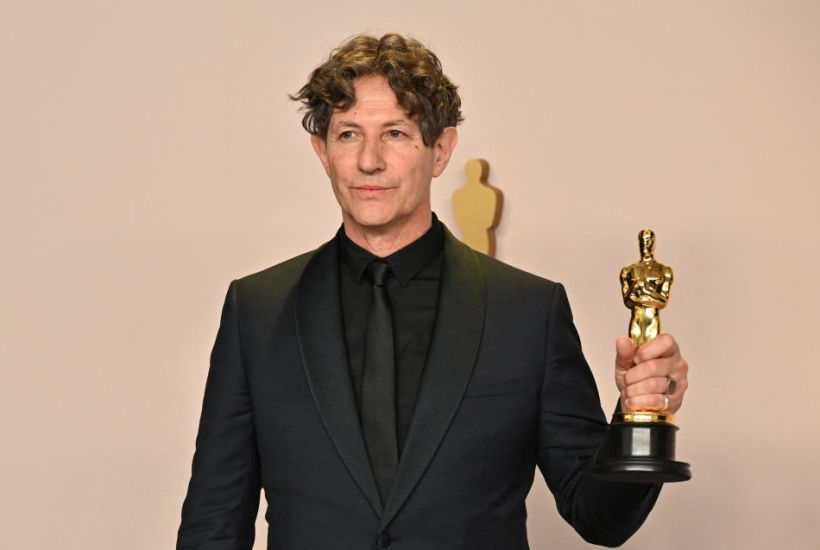Every year the Oscars unleashes some kind of political controversy, and this year’s revolves around Jonathan Glazer’s speech denouncing Israel. Glazer, the director of the acclaimed Holocaust film The Zone of Interest, used his moment in the spotlight to rail against ‘the Holocaust being hijacked by an occupation which has led to conflict for so many innocent people’.
Already a subscriber? Log in
Subscribe for just $2 a week
Try a month of The Spectator Australia absolutely free and without commitment. Not only that but – if you choose to continue – you’ll pay just $2 a week for your first year.
- Unlimited access to spectator.com.au and app
- The weekly edition on the Spectator Australia app
- Spectator podcasts and newsletters
- Full access to spectator.co.uk
Or




















Comments
Don't miss out
Join the conversation with other Spectator Australia readers. Subscribe to leave a comment.
SUBSCRIBEAlready a subscriber? Log in